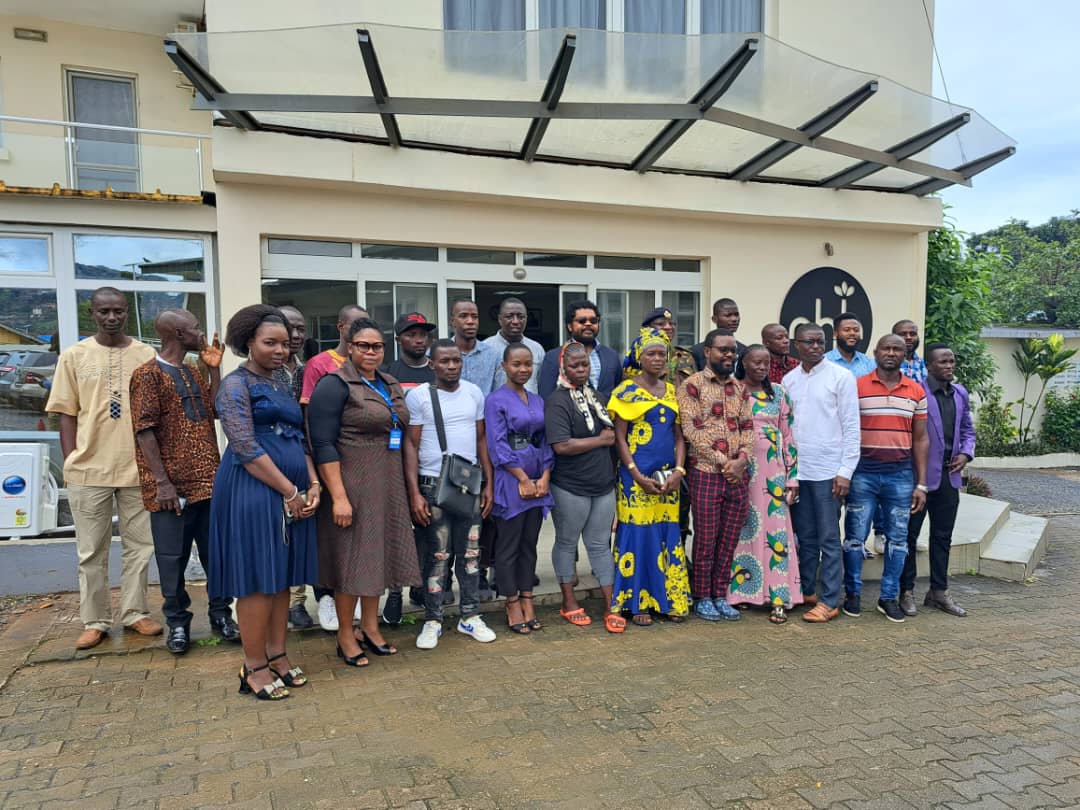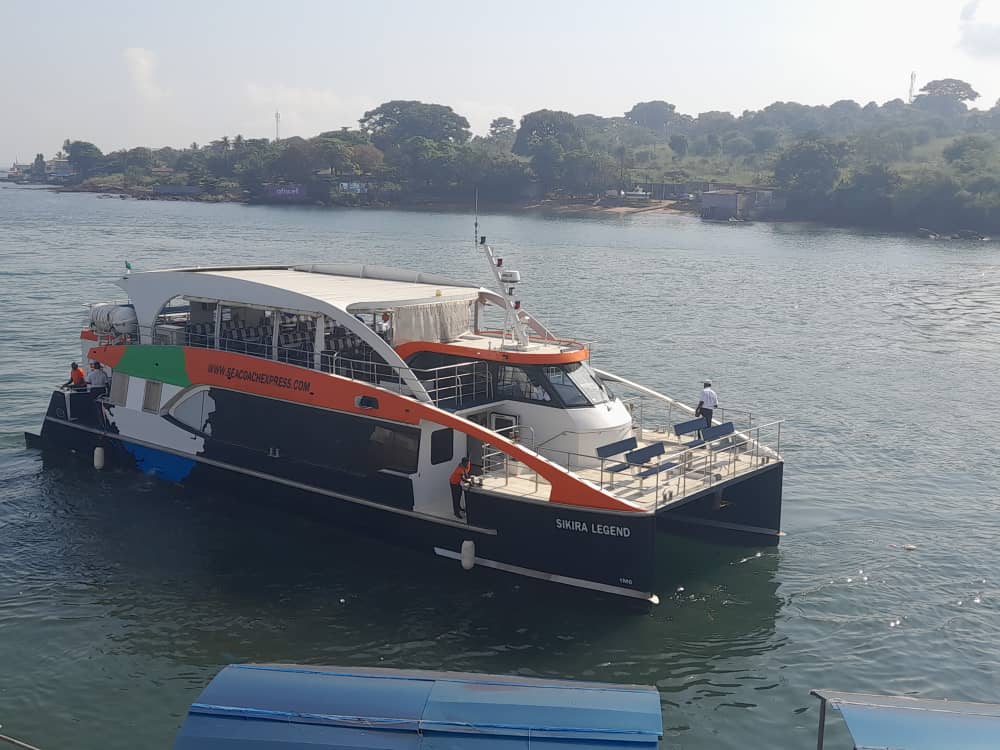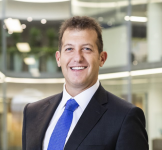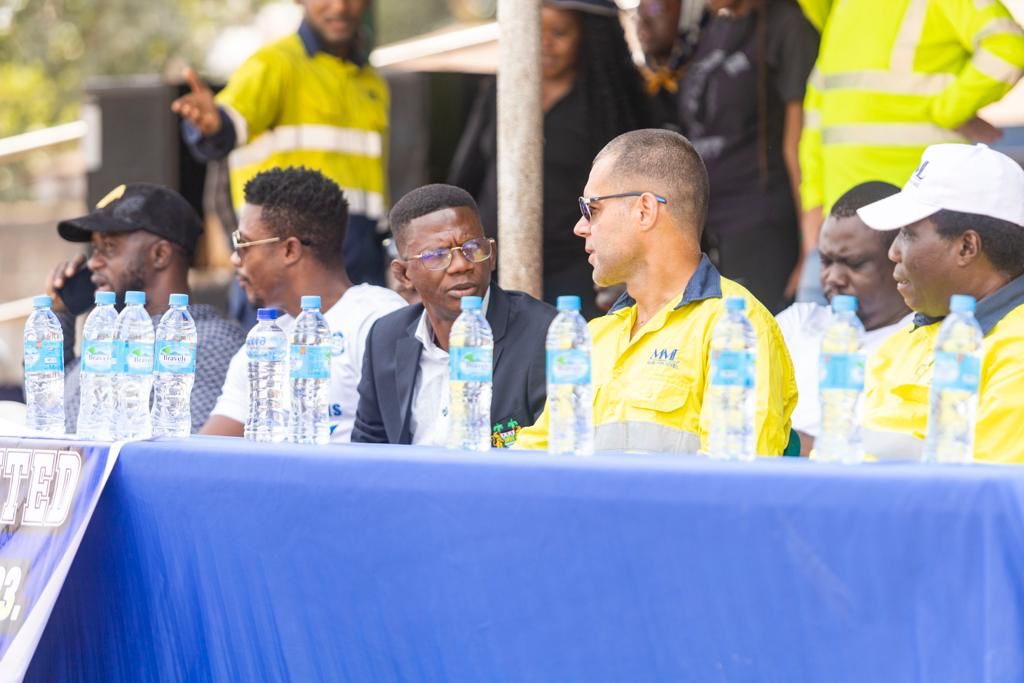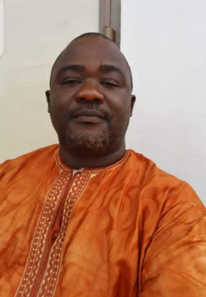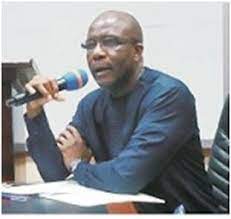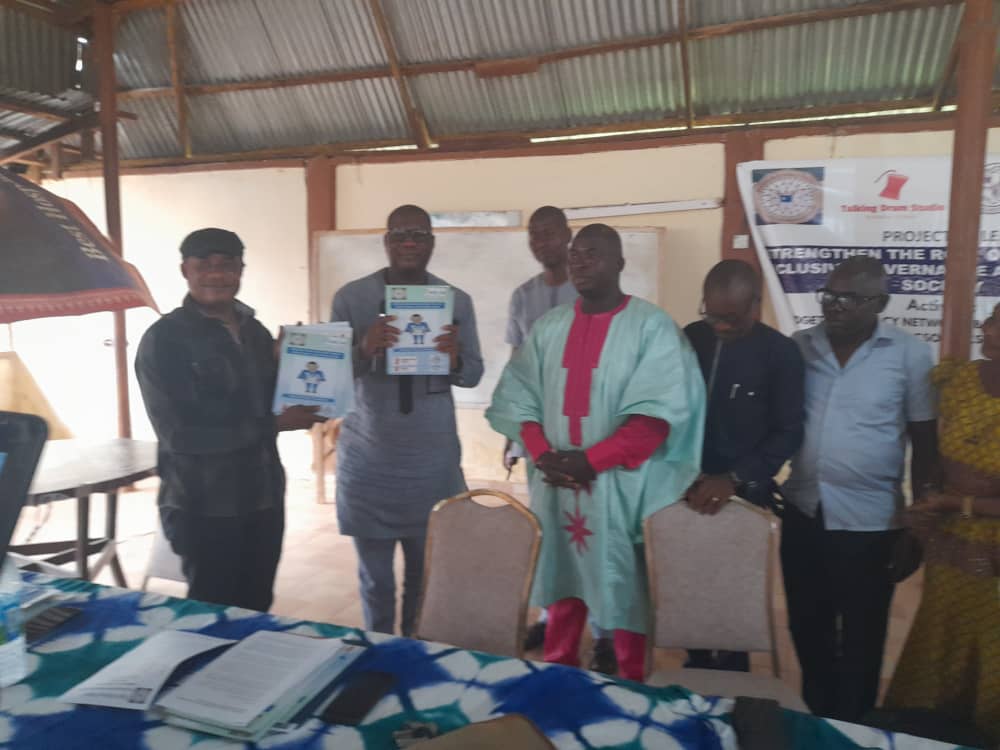Centre for Maritime Law and Security Holds Capacity Building Workshop for Media, CSOs & Community Actors
By Mohamed Konneh
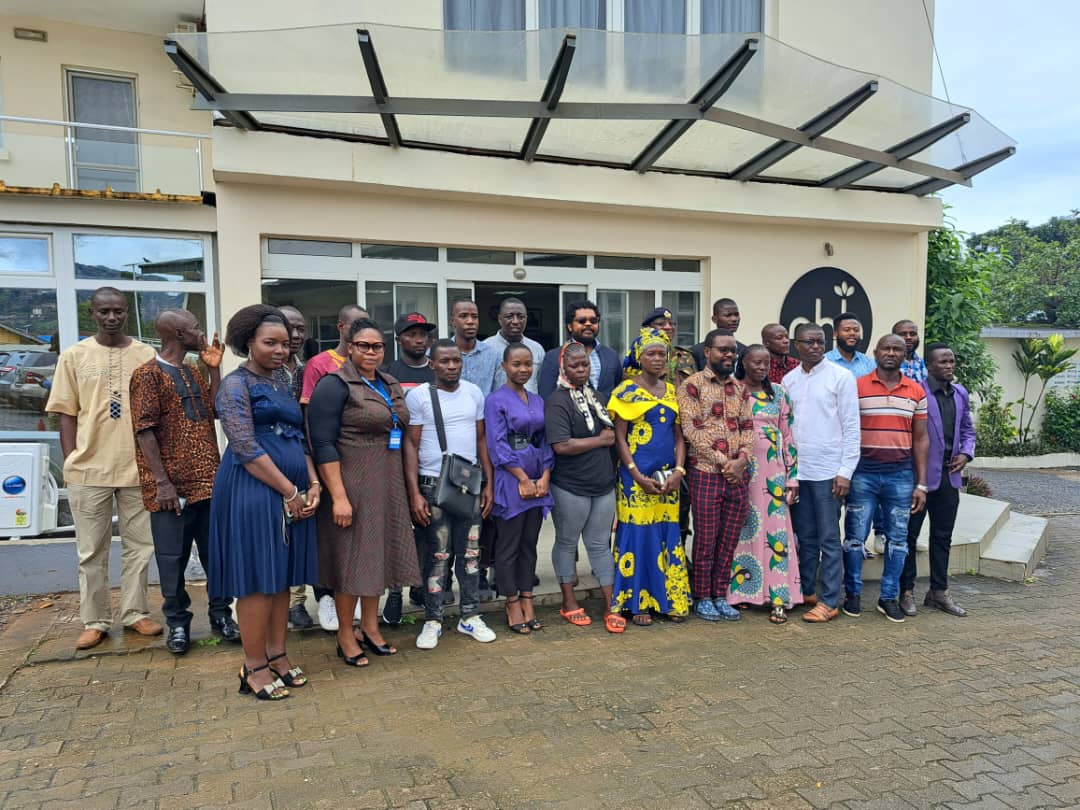
The Centre for Maritime Law and Security on Tuesday 29th August 2023 held a capacity building workshop for media and CSOs and community actors to address the destabilizing impacts of distant water fishing vessels.
The aim is to promote local capacity to address the destabilizing impacts of foreign fishing vessels in the Gulf of Guinea and Mauritania. The workshop take place at the New Brookfields Hotel in Freetown. The project is funded by the U. S Department of State, U.S Embassy in Accra that is implemented in Benin, Cameroon, Cote d’Ivoire, Ghana, Mauritania, Senegal, and Sierra Leone.
In his opening remarks, Nelson Atanga Ayamdoo from Ghana said there are seven countries working on the project.
Mr. Nelson noted that we eat fish on daily basis and that we should allow it to deplete.
“If this happens then we have a problem. If we do not control our fish sector, if we don’t know who come to catch our fish and how it is catch then we have a problem.
This is the more reason why we need reforms in that sector and the more reason for this project. This project is to build the capacity of the journalists and civil society to understand the sector and engage, he said.”
Nelson said there is something called the exclusive economic zone and that this zone was crafted by the Africa countries. The outcome of this meeting is to discuss these issues and for us to go back and start the advocate for these changes.
Dr. Rebecca K Essamuah, DWFV Project Team giving over of the project said the problem identified in the sector include IUU fishing that is food security, livelihoods impact, and economic challenges.
She said the project goals include counter foreign DWFV controls on local and regional scales, utilize a novice approach to improve economic governance, inclusive
“Specific objective of the project is to increase CSOs monitoring, media reporting and public awareness of the destabilizing
She said the objective of the project is to increase CSO monitoring, media reporting, and public awareness of the destabilizing influences of distant water fishing vessels.
It is to also to deepen Monitoring, Control and Surveillance capabilities, and enhance sharing of actionable fishing information and intelligence and to enhance transparency and accountability in the distant water fishing governance sector.
It is also to promote resilient domestic/regional fishing industry.
Declaring the workshop open, the Deputy Secretary, Ministry of Environment and Climate Change, Michael J Anthony said Sierra Leone has a diverse ecosystem ranging from forest, river, low land mountains, oceans, fishes and marine resources, the list is never ending.
Mr. Anthony said nature is what we depend on for our safety and socio-economic wellbeing and that fish is one of the natural foods we eat that makes our health keep up with sufficient protein and as well vital for economic growth.
He said distant water fishing fleets are fishing vessels that operates within the 200 mile exclusive Economic Zone of other countries, and less often further offshore, in what is known as the high sea.
This he said is not strange to offshore fishing activities in Sierra Leone where foreign vessels are being spotted on illegal fishing.
“According to the United Nations Convention on the law of the sea (UNCLOS), distant-water fleet must be offered to take the surplus of fish not caught by a given country in the EEZ against a fee that is part of negotiated access agreement, he said.”
Mr. Anthony noted that information dissemination and advocacy to demonstrate how fisheries and how we regulate them- are an increasingly important stories to address the destabilizing impact of distant water fishing vessels DWFV in sierra Leone.
He said over fishing remains rampant, and its drivers are many and complex and that few of them in particular-illegal, unregulated and unreported fishing have been and will continue to be a major source of discussion both at national and international levels.



